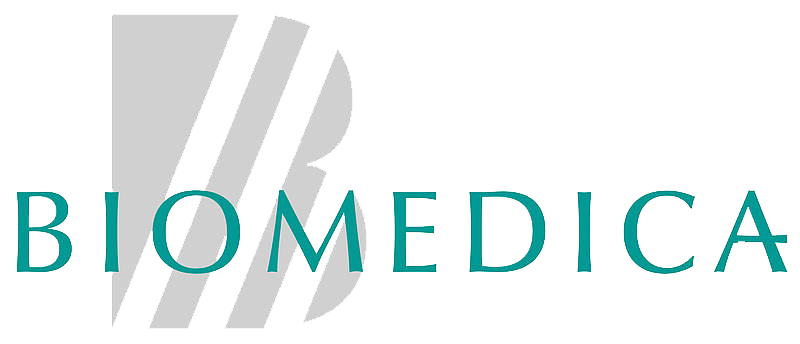Periostin is a secreted extracellular matrix protein primarily expressed in collagen-rich connective tissues such as periosteum, tendons, and skin. Encoded by the POSTN gene, periostin plays a key role in tissue remodeling, cell adhesion, and wound repair. It is upregulated in response to mechanical stress, injury, and inflammation, and is known to interact with integrins to influence cell migration and survival. Its expression is tightly regulated during development, especially in bone and cardiac tissue, but it also becomes reactivated in various pathological processes.
In clinical and research settings, periostin serves as a biomarker in several contexts. Clinically, elevated levels of periostin are associated with asthma, particularly eosinophilic or Th2-high phenotypes, and it has been explored as a predictor of response to biologics such as anti-IL-13 therapies. In oncology, periostin is frequently overexpressed in the tumor microenvironment of cancers such as breast, colon, and pancreatic cancer, where it contributes to metastasis and tumor progression. In fibrotic diseases—including idiopathic pulmonary fibrosis and cardiac fibrosis—periostin expression correlates with disease severity and progression, making it a candidate for both diagnostic and prognostic use.
In research applications, periostin is widely studied for its role in tissue regeneration, fibrosis, and cancer biology. It is often used as a marker in animal models of inflammation or injury, and it serves as a target in studies exploring anti-fibrotic or anti-cancer therapies. Its measurable presence in serum and tissue biopsies also makes it amenable to both experimental and clinical assay development, including ELISA and immunohistochemistry.
This product is manufactured in Austria by Biomedica.


